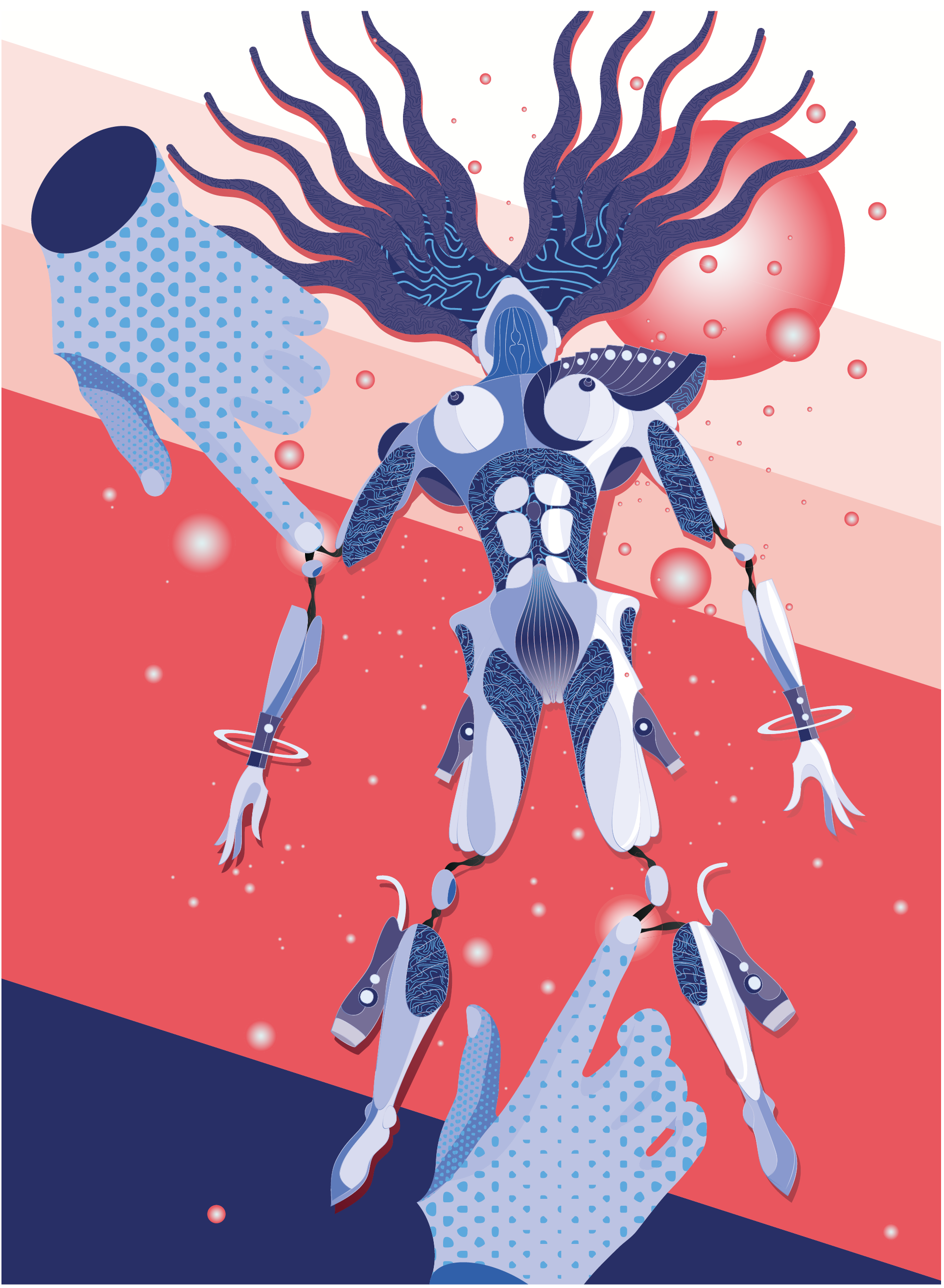Project Title: DECENTRALIZED MACHINE LEARNING CONTROL FOR INTELLIGENT MULTI-AGENT DYNAMICAL SYSTEMS
Acronym: DECIDE
PI: Dr Miloš Stanković, assistant professor, Singidunum University
SRO’s: Singidunum University; Vlatacom Institute; Faculty of Information Technology and Engineering, University Union Nikola Tesla
The DECIDE project deals with problems belonging to the emerging field of Intelligent Networked Cyber-Physical Systems (INCPS), which studies complex, spatially distributed and networked multi-agent dynamical systems. Such systems represent one of the greatest challenges in modern science and technology. The impact of INCPS will be revolutionary and pervasive, especially in view of emerging applications such as swarms of autonomous vehicles, smart buildings, cities and power grids, intelligent agricultural, transportation and manufacturing systems.
The goal of the project is the development of new methods, algorithms and practical tools for decentralized learning and intelligent management of INCPS along with a theoretical analysis of their properties and performance. On a practical level, researchers will develop hardware and software solutions for two specific problems: autonomous drone swarm management in a target search and payload dispatch mission, and intelligent decentralized production line management.
The results of the DECIDE project will enable the development and application of various innovative solutions in the business sector and the production process, and thus affect economic growth. They will also influence the development of highly productive sustainable agriculture in Serbia and significantly improve this important economic sector.
PROJECT OBJECTIVE: The goal of the project is to develop new methods, algorithms and practical tools for decentralized learning and intelligent management of INCPS including a rigorous theoretical analysis of their properties and performance.
METHODOLOGY: As part of the project, researchers will develop new decentralized algorithms based on the application of distributed consensus techniques, optimal control, machine learning, reinforcement learning and game theory.
EXPECTED RESULTS: The researchers expect that the new algorithms they will develop will have superior properties compared to the existing ones and that they will prove and verify this mathematically, using simulations and practical applications.

Illustration: David Bilobrk


